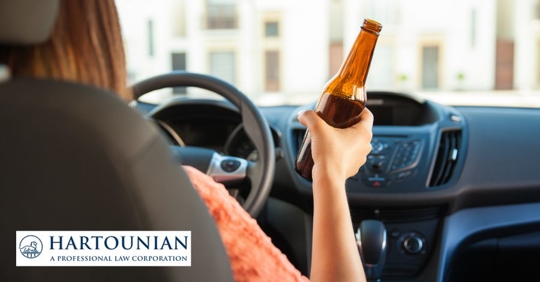The moments following a car accident are often chaotic and terrifying, especially when you suspect the other driver is impaired. Your adrenaline is high, and it can be difficult to think clearly. Please know that your safety is the absolute priority, and you are not alone. While the situation is deeply distressing, taking the right steps immediately after the crash is crucial for your well-being and for protecting your legal rights.
This guide is designed to be a clear, compassionate resource to help you navigate these critical first hours.
1. Prioritize Your Safety and the Safety of Others.
First and foremost, check yourself and any passengers for injuries. If you are able to move, try to get your vehicle and yourself to a safe location, away from the flow of traffic. Turn on your hazard lights. If it's not safe to move your vehicle, stay inside with your seatbelt on until help arrives. Do not attempt to confront the other driver. Their behavior may be unpredictable.
2. Call 911 Immediately.
This is not a situation to handle on your own. Call 911 to report the accident. When you speak to the dispatcher, clearly state that you believe the other driver is intoxicated. This is a critical detail. Law enforcement officers are trained to recognize the signs of drunk driving and will initiate a DUI investigation. When the police arrive, be sure to tell them your concerns about the other driver’s sobriety. A police report documenting the suspected DUI will be a powerful piece of evidence later on.
3. Gather Information at the Scene (If It Is Safe to Do So).
Once police and medical personnel are on the way, if you are not injured and it is safe, you can begin to collect information. This includes:
The other driver's information: Name, contact number, insurance company, and policy number.
Witness information: Ask any witnesses for their names and phone numbers. Their statements can be vital.
Photographs: Use your phone to take pictures of the scene. Document the damage to both vehicles, the license plates, and any relevant surroundings like skid marks, road signs, or a spilled drink in the other car. These images can help create a complete picture of the accident.
4. Seek Medical Attention, Even for Minor Injuries.
Many injuries, like whiplash or concussions, don't show symptoms immediately. It is essential to be evaluated by a medical professional as soon as possible after the accident. A full medical check-up will ensure any hidden injuries are identified and treated. This also creates an official medical record of your injuries, which is a key component of any future legal claim.
5. Avoid Making Critical Statements or Agreements.
It's natural to want to talk about what happened, but it’s best to limit your communication at the scene. Do not apologize or admit any fault, even if you are just being polite. Do not discuss specific injuries or the value of your vehicle with the other driver or their insurance company. A simple exchange of contact information and a brief description of what you observed is sufficient.
6. Contact a Personal Injury Attorney.
The aftermath of a drunk driving crash involves two separate legal processes: a criminal case against the at-fault driver and a civil case for your personal injury claim. While the criminal case is handled by the state, your civil claim is what will help you recover for your medical bills, lost wages, and pain and suffering. Dealing with insurance companies on your own can be overwhelming, especially with the added complexity of a DUI. An experienced personal injury attorney will be your advocate, handling communication with insurers, investigating the full extent of your damages, and fighting for the compensation you deserve.
Glendale Drunk Driving Injury Attorney Ready to Help
The journey to recovery after a drunk driving accident can be long and challenging, but you don't have to face it alone. We are here to help you understand your rights and secure the justice you deserve. Hartounian, APLC is a compassionate and dedicated team committed to protecting the rights of accident victims in California. Let us stand by your side.
Call us today at (818) 463-1917 for a free, confidential consultation.

